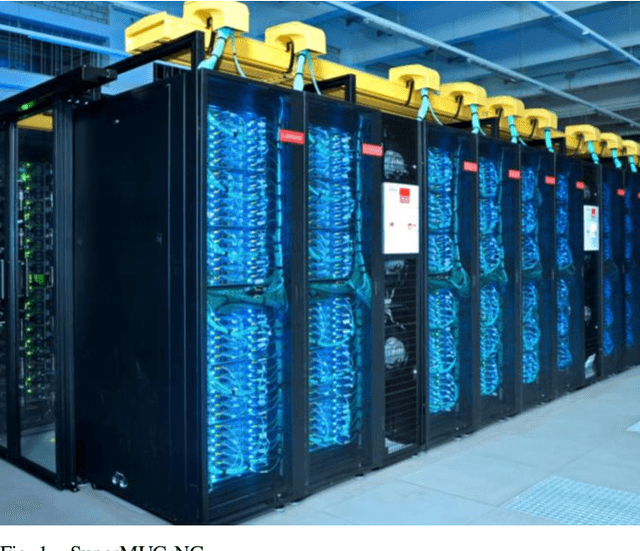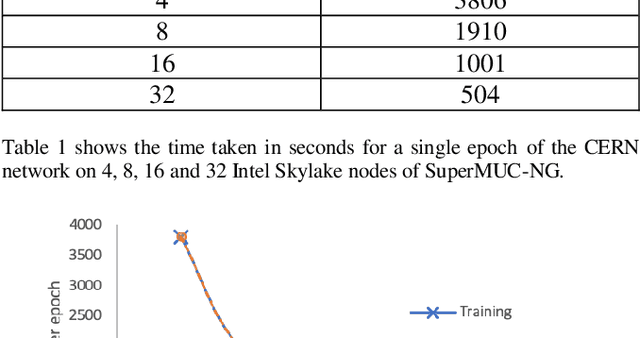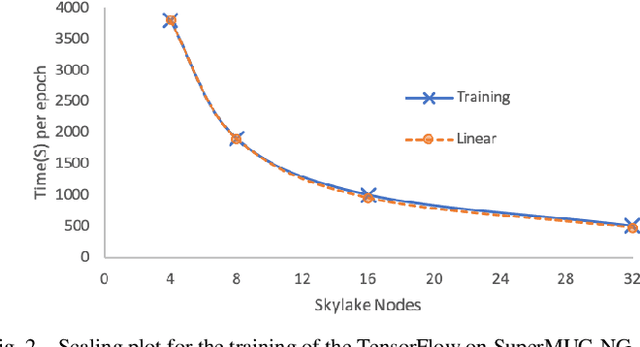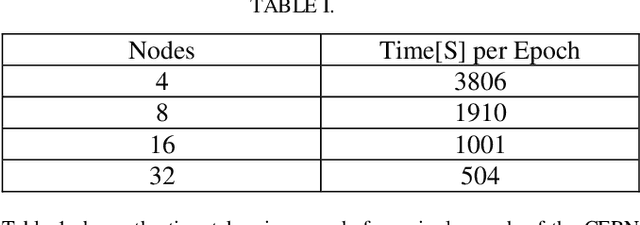Walter Riviera
Model-Agnostic Federated Learning
Mar 08, 2023Abstract:Since its debut in 2016, Federated Learning (FL) has been tied to the inner workings of Deep Neural Networks (DNNs). On the one hand, this allowed its development and widespread use as DNNs proliferated. On the other hand, it neglected all those scenarios in which using DNNs is not possible or advantageous. The fact that most current FL frameworks only allow training DNNs reinforces this problem. To address the lack of FL solutions for non-DNN-based use cases, we propose MAFL (Model-Agnostic Federated Learning). MAFL marries a model-agnostic FL algorithm, AdaBoost.F, with an open industry-grade FL framework: Intel OpenFL. MAFL is the first FL system not tied to any specific type of machine learning model, allowing exploration of FL scenarios beyond DNNs and trees. We test MAFL from multiple points of view, assessing its correctness, flexibility and scaling properties up to 64 nodes. We optimised the base software achieving a 5.5x speedup on a standard FL scenario. MAFL is compatible with x86-64, ARM-v8, Power and RISC-V.
Deploying AI Frameworks on Secure HPC Systems with Containers
May 24, 2019



Abstract:The increasing interest in the usage of Artificial Intelligence techniques (AI) from the research community and industry to tackle "real world" problems, requires High Performance Computing (HPC) resources to efficiently compute and scale complex algorithms across thousands of nodes. Unfortunately, typical data scientists are not familiar with the unique requirements and characteristics of HPC environments. They usually develop their applications with high-level scripting languages or frameworks such as TensorFlow and the installation process often requires connection to external systems to download open source software during the build. HPC environments, on the other hand, are often based on closed source applications that incorporate parallel and distributed computing API's such as MPI and OpenMP, while users have restricted administrator privileges, and face security restrictions such as not allowing access to external systems. In this paper we discuss the issues associated with the deployment of AI frameworks in a secure HPC environment and how we successfully deploy AI frameworks on SuperMUC-NG with Charliecloud.
 Add to Chrome
Add to Chrome Add to Firefox
Add to Firefox Add to Edge
Add to Edge